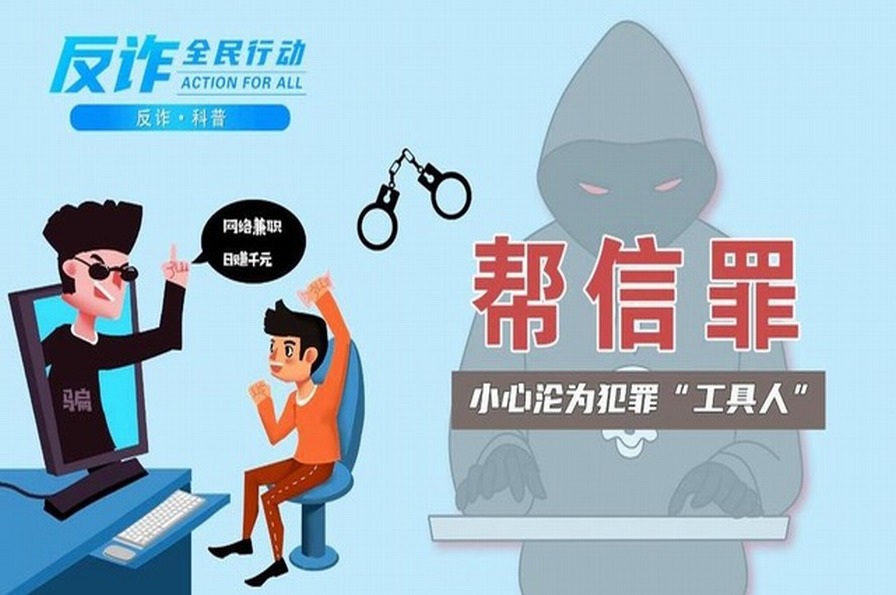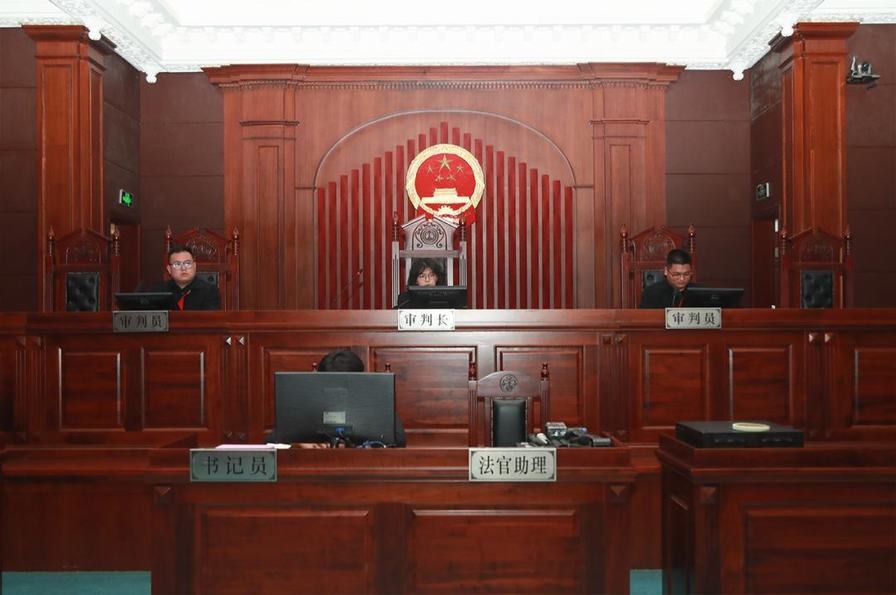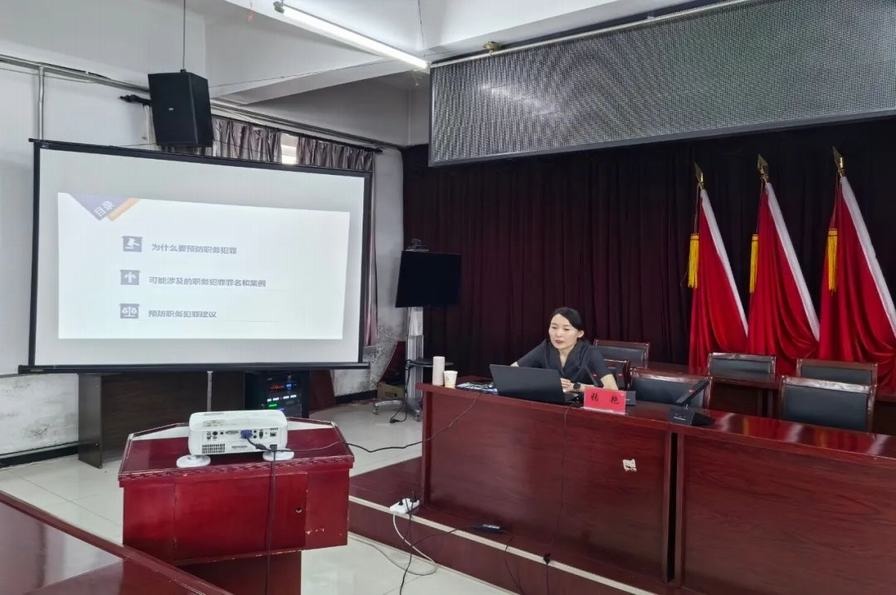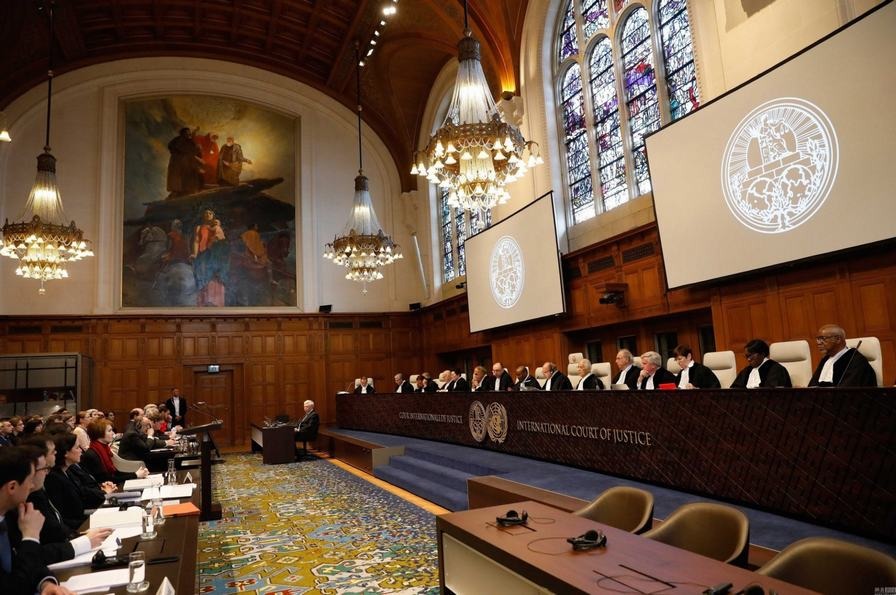
User's Inquiry: The user seeks a comprehensive understanding of the legal aspects surrounding a Hong Kong Stock Exchange (HKSE) listing from the perspective of a seasoned senior lawyer, encompassing five distinct areas. They expect a detailed analysis supported by the most recent and pertinent provisions of Chinese law, with a word count exceeding 500 words, culminating in a concise summary.
Legal Analysis:
Eligibility Criteria: Pursuant to the Rules Governing the Listing of Securities on The Stock Exchange of Hong Kong Limited (Chapter 8 of the Main Board Listing Rules), companies seeking a listing must satisfy prescribed eligibility criteria. This includes, but is not limited to, having a sufficient trading record, minimum market capitalization, adequate public float, and a sound financial position. For instance, under Rule 8.05, a new applicant must have been in operation for at least three financial years, with a profit attributable to shareholders of not less than HK$20 million in aggregate over the two preceding financial years. Furthermore, it must demonstrate a market capitalization of at least HK$500 million at the time of listing. These requirements ensure that only financially robust and well-established businesses gain access to the HKSE.
Corporate Governance Standards: Companies listed on the HKSE must adhere to stringent corporate governance standards as outlined in the Corporate Governance Code and Corporate Governance Report (Appendix 14 of the Main Board Listing Rules). These encompass board composition, director independence, audit committee functions, risk management, and disclosure obligations. For example, Rule CGA.1.1 stipulates that a majority of directors should be independent non-executive directors, fostering transparency and accountability in decision-making. Non-compliance with the Code may necessitate explanations and justifications in the company's annual report, which can impact investor confidence and market perception.
Disclosure and Continuous Obligations: Listed entities are subject to rigorous disclosure requirements under Part XIVA of the Securities and Futures Ordinance (Cap. 571) and the Listing Rules. Material information, including financial results, acquisitions, disposals, and any events that may significantly affect the company's operations or share price, must be promptly disclosed to the market. Additionally, periodic financial reports (e.g., interim and annual reports) must comply with the Hong Kong Financial Reporting Standards or International Financial Reporting Standards. Failure to comply with these obligations may result in enforcement actions by the Securities and Futures Commission (SFC) and reputational damage.
Shareholder Rights and Protection: The Companies Ordinance (Cap. 622) and the Securities and Futures Ordinance (Cap. 571) provide a robust framework for protecting shareholder rights in HKSE-listed companies. Key protections include the right to receive timely and accurate information, participate in and vote at general meetings, challenge oppressive conduct by the majority, and seek remedies for unfair prejudice or derivative actions. For instance, Section 97 of the Companies Ordinance requires companies to hold an annual general meeting within six months after the end of each financial year, where shareholders can exercise their voting rights on various matters, such as the approval of financial statements and election of directors.
Regulatory Oversight and Enforcement: The HKSE, together with the SFC, exercises regulatory oversight over listed companies to maintain market integrity and protect investors. This involves monitoring compliance with the Listing Rules, conducting investigations into potential violations, and imposing disciplinary sanctions when necessary. The SFC's powers are derived from the Securities and Futures Ordinance, which empowers it to investigate suspected misconduct, impose administrative sanctions, and initiate criminal proceedings. For example, under Section 213 of the Ordinance, the SFC may apply to the court for orders to redress contraventions or prevent future harm, ensuring a strong deterrent against non-compliant behavior.
In summary, a Hong Kong Stock Exchange listing entails adherence to a multifaceted legal regime encompassing strict eligibility criteria, corporate governance standards, disclosure obligations, shareholder rights protection, and robust regulatory oversight. Companies pursuing a listing must thoroughly understand and comply with these provisions to ensure a smooth listing process and sustained compliance post-listing, ultimately safeguarding investor interests and maintaining market confidence.










